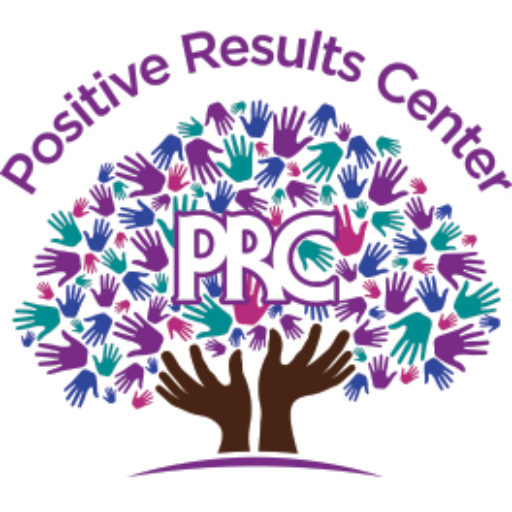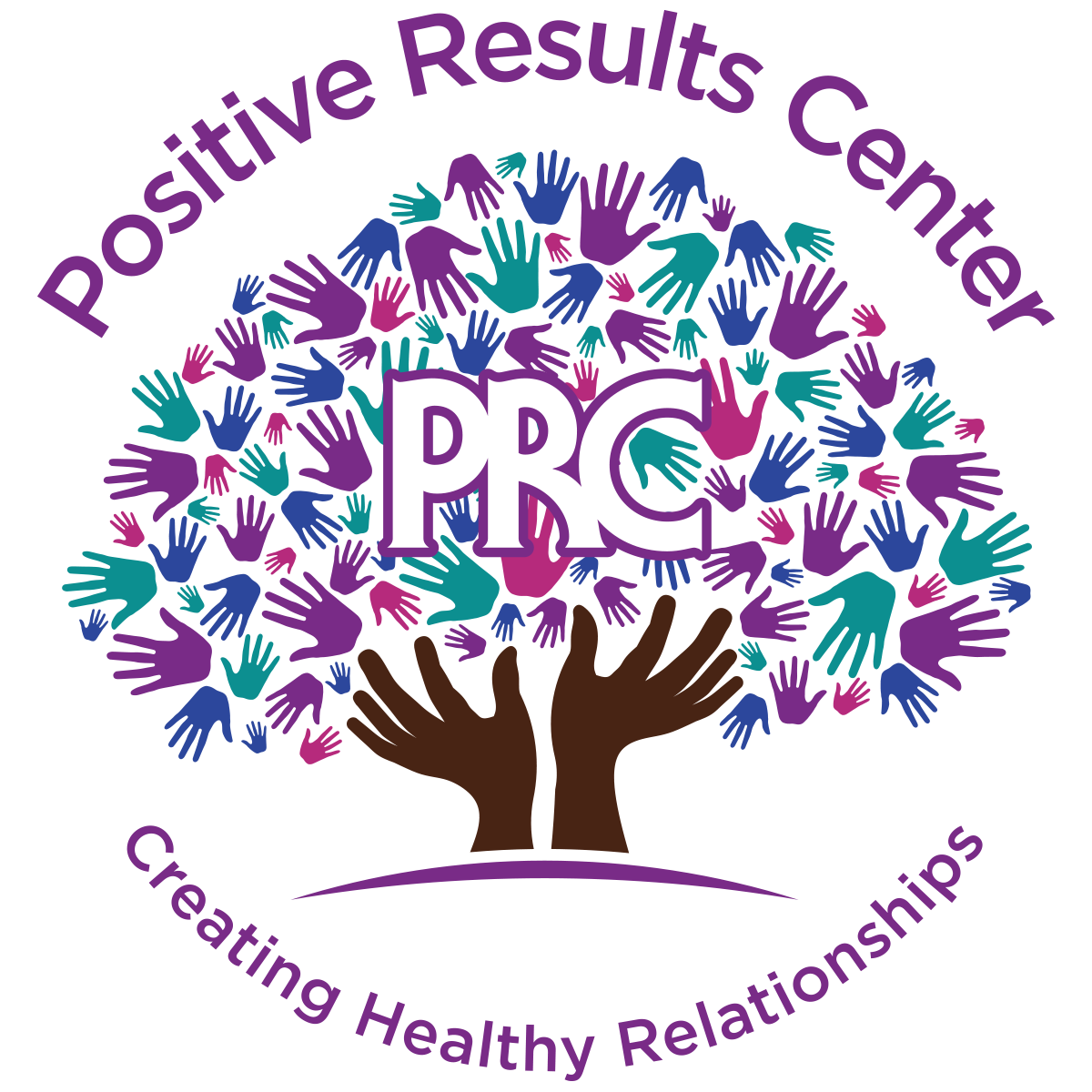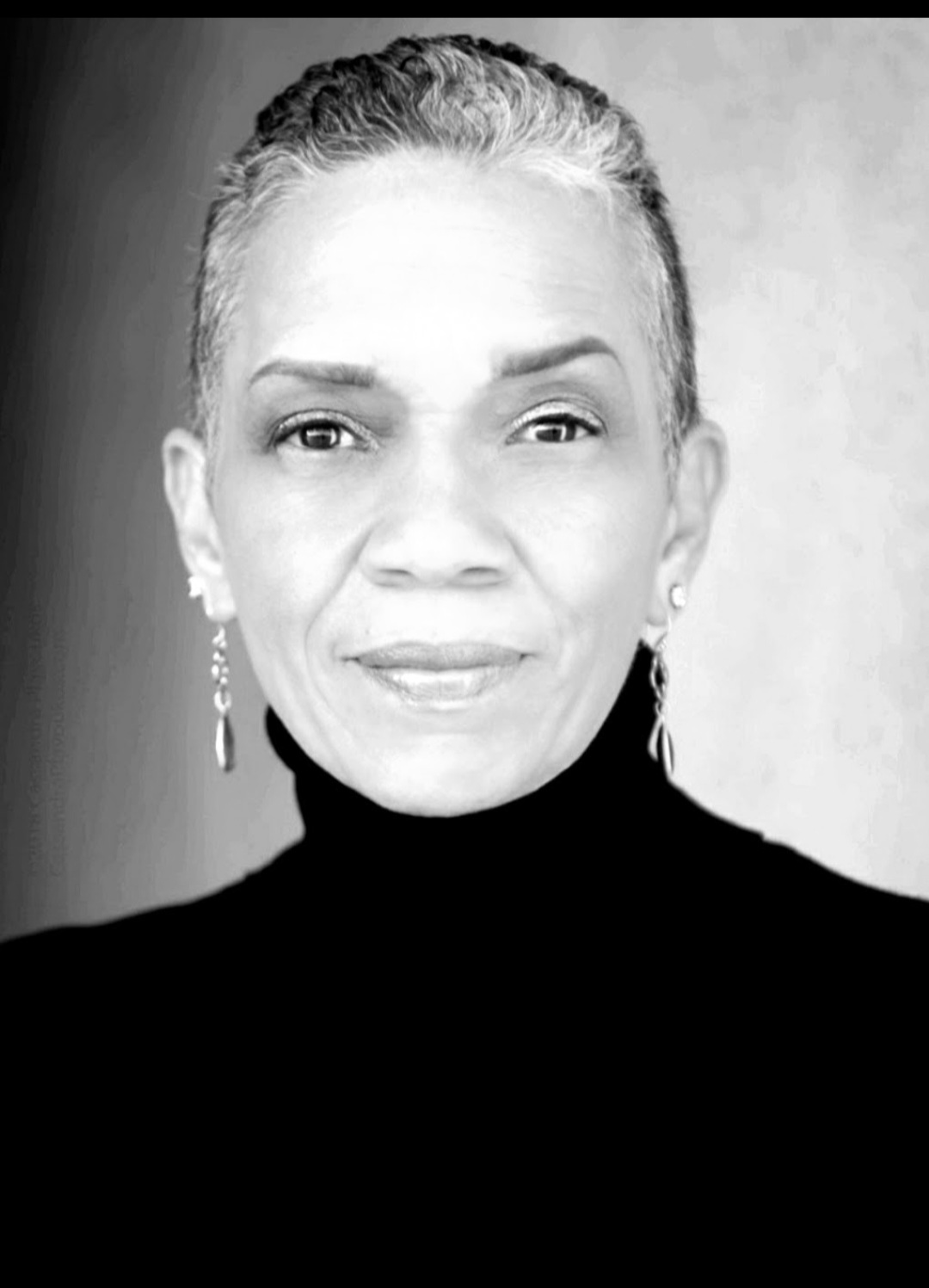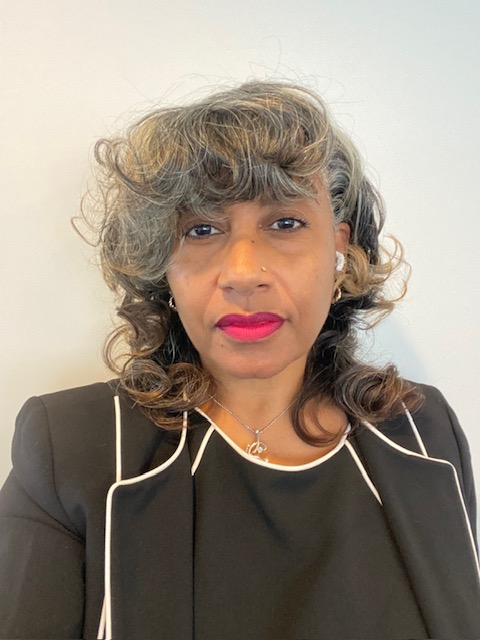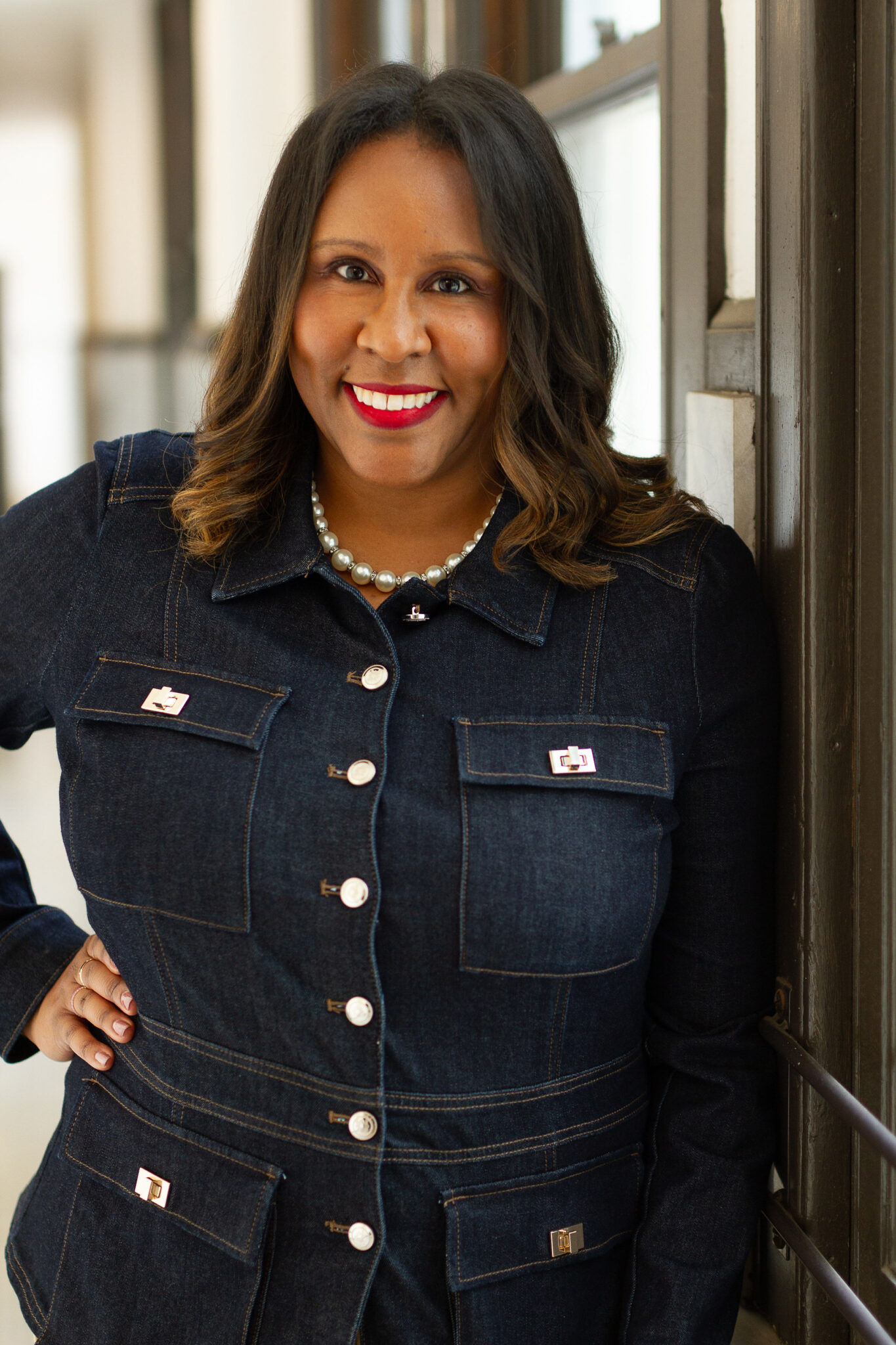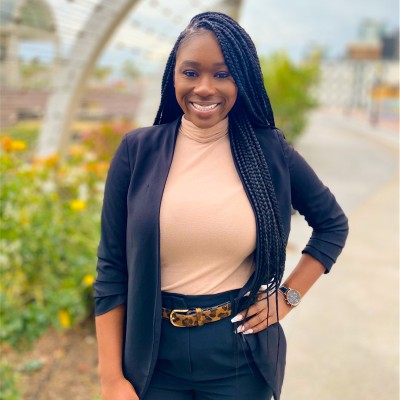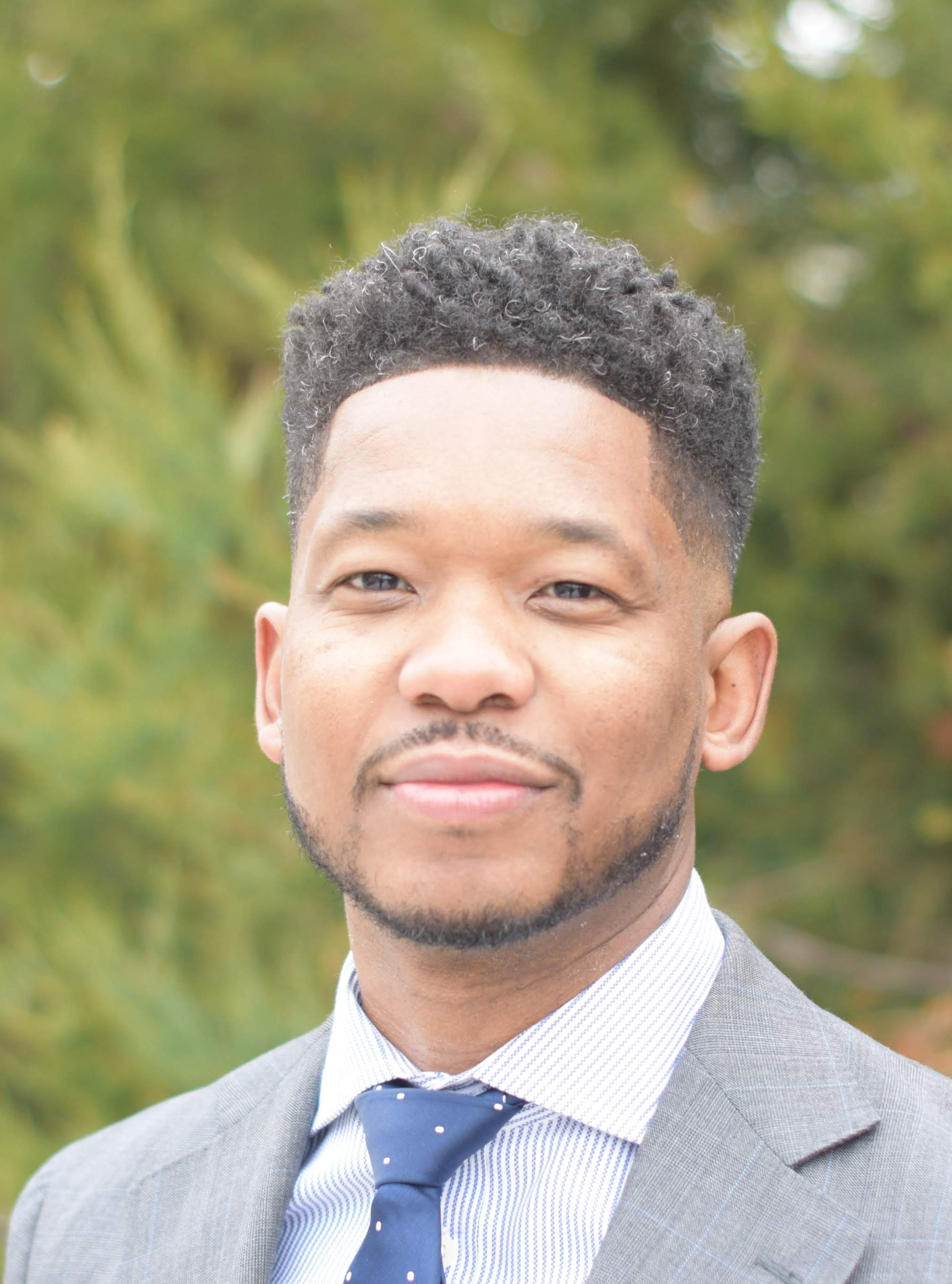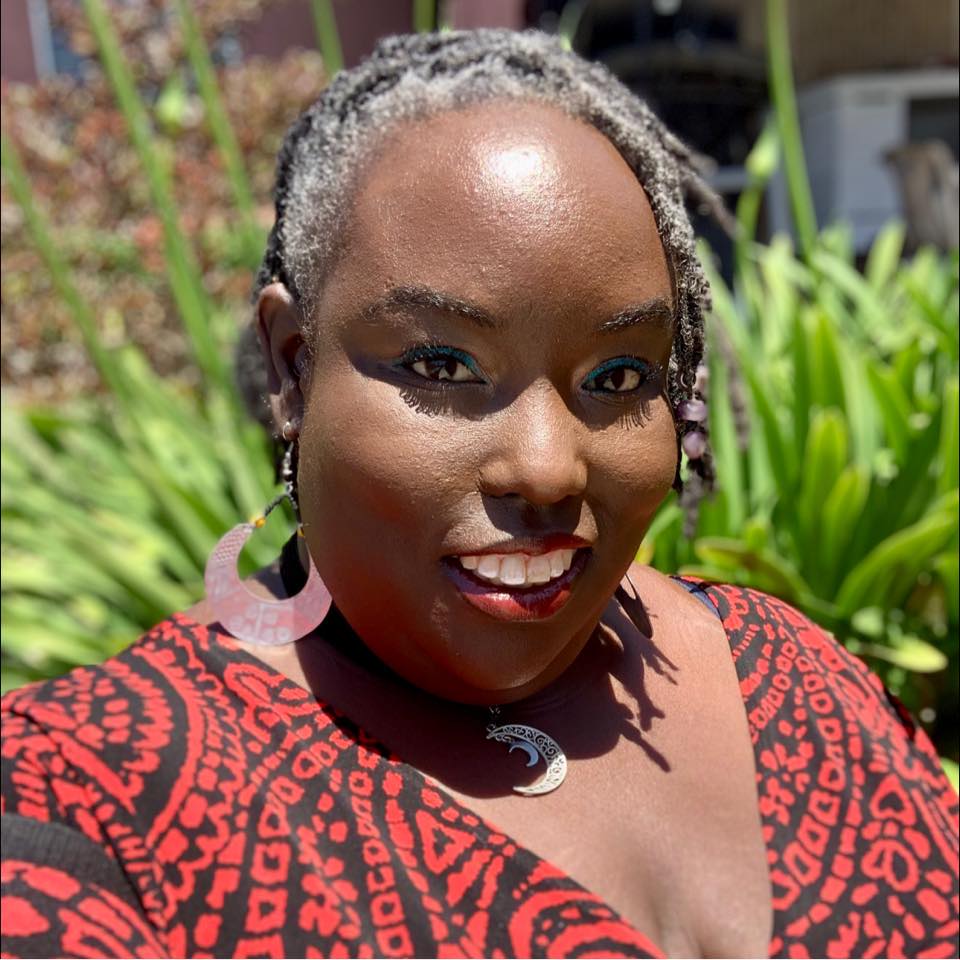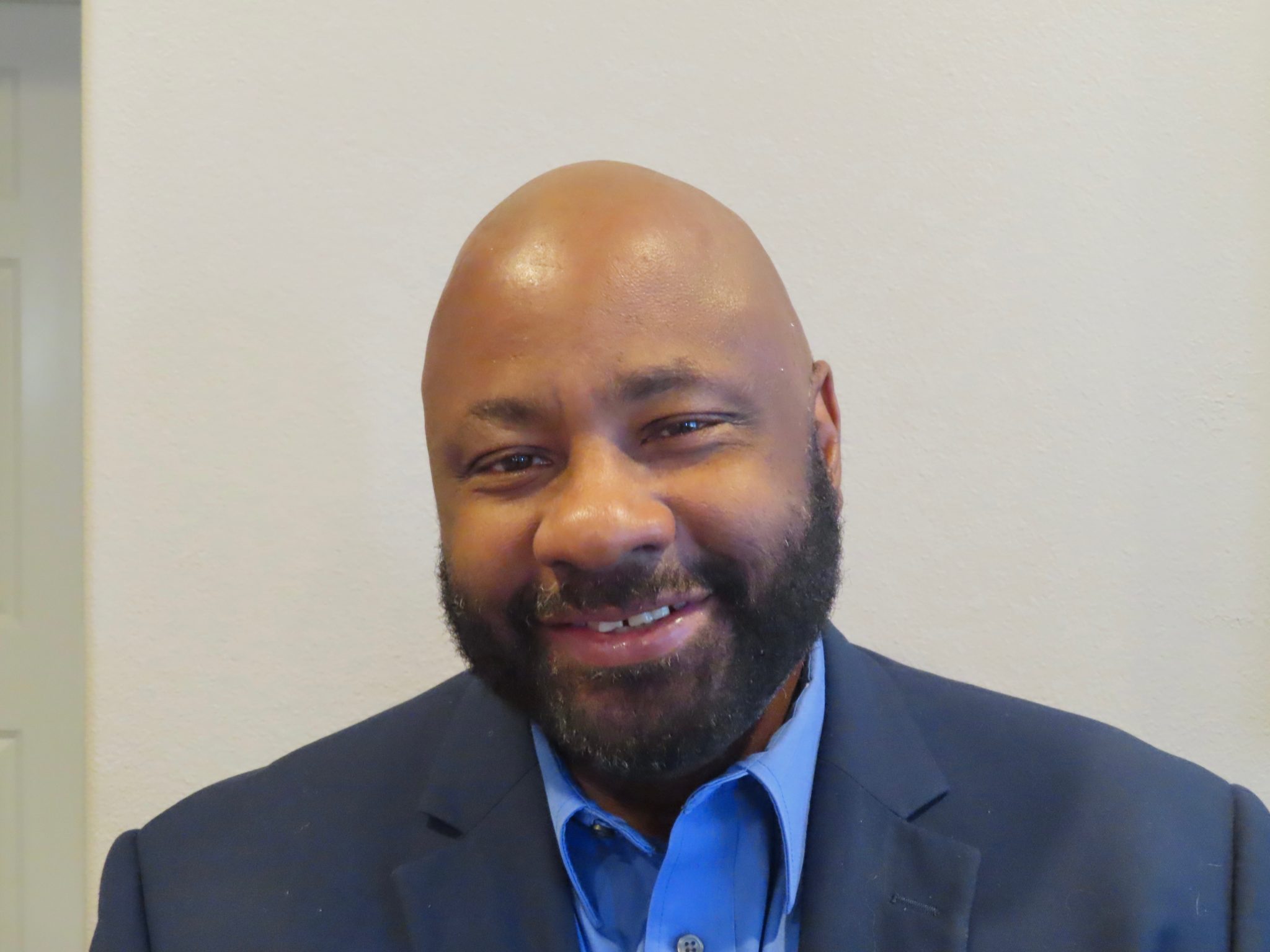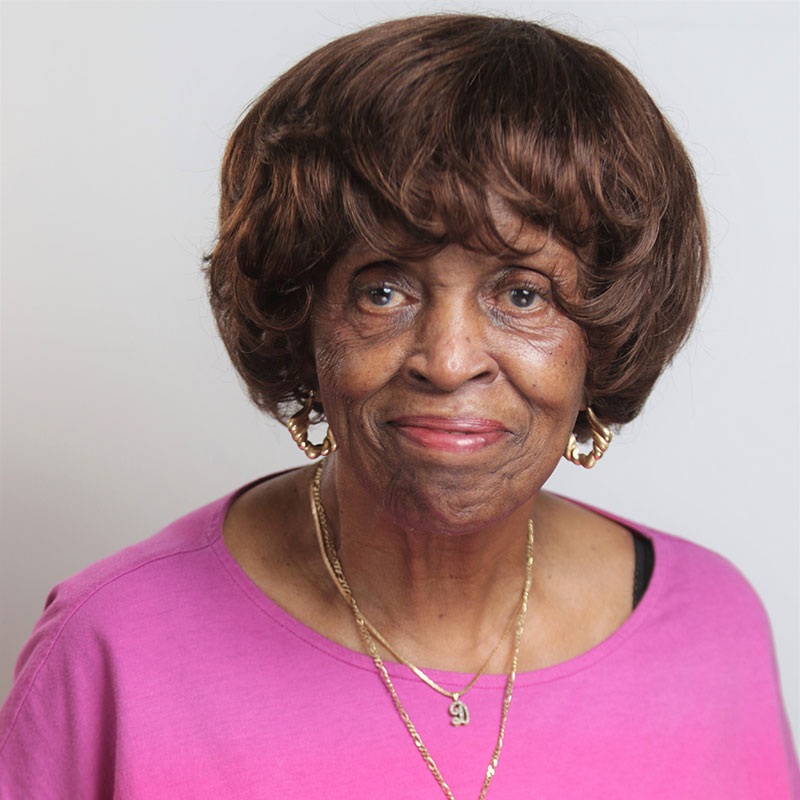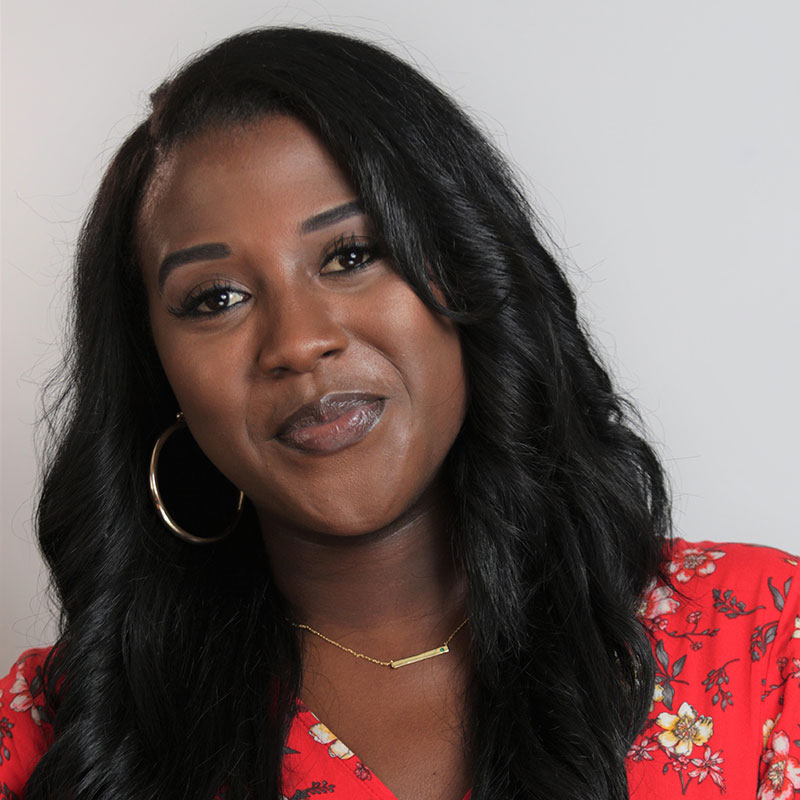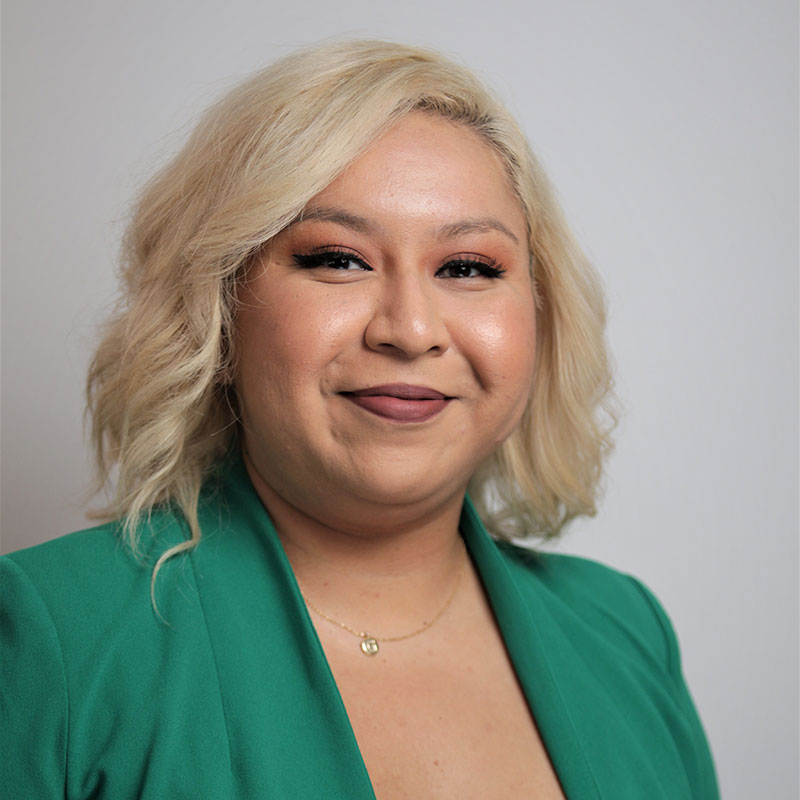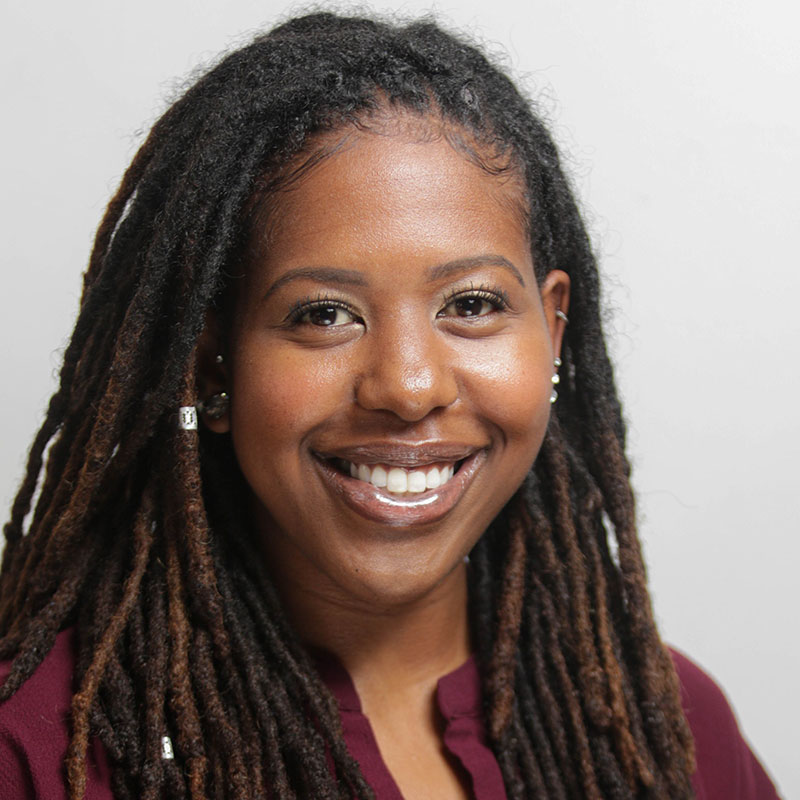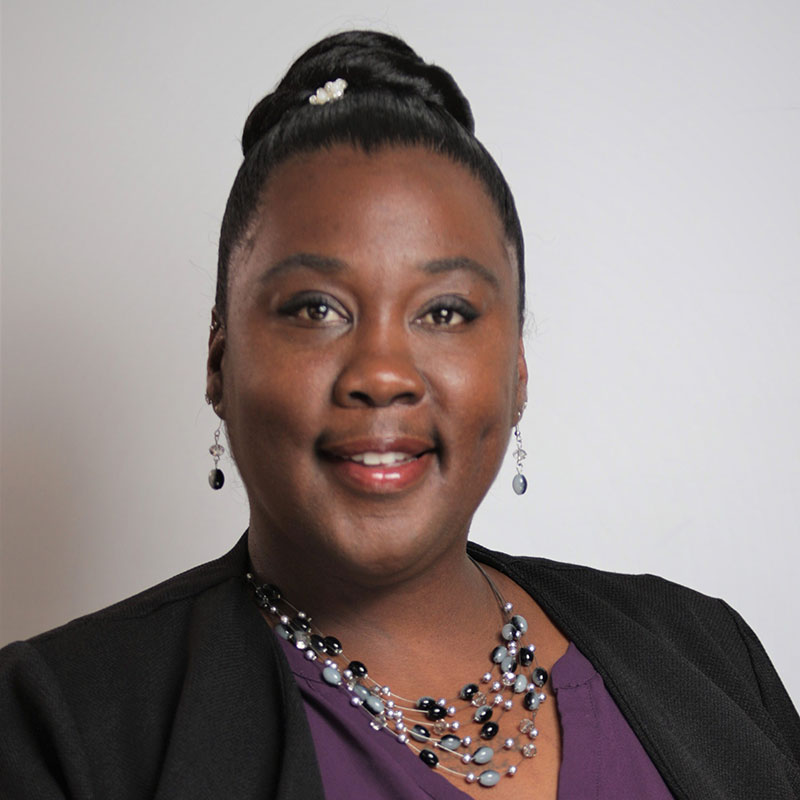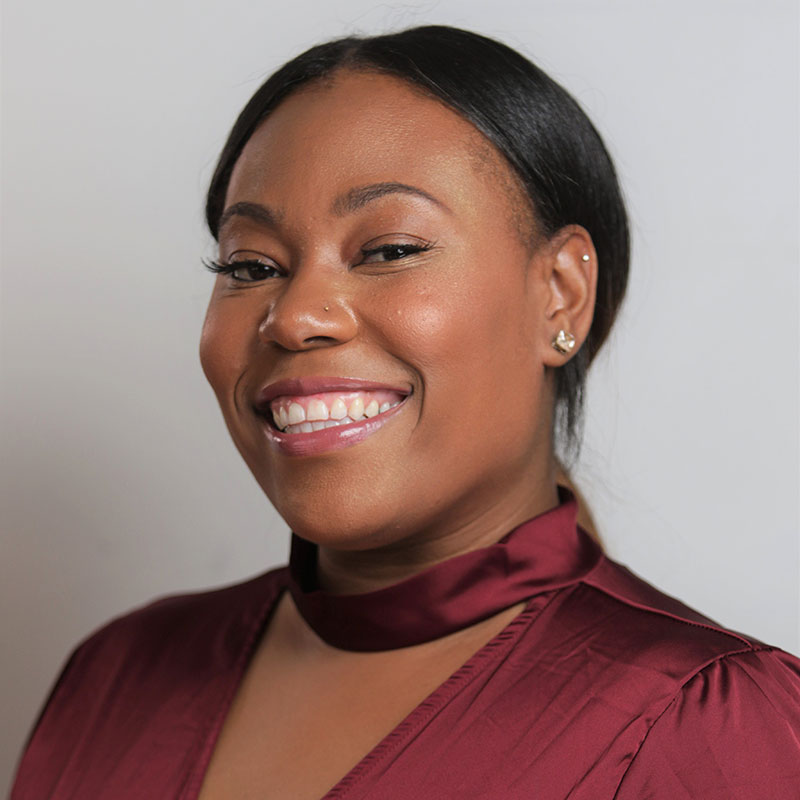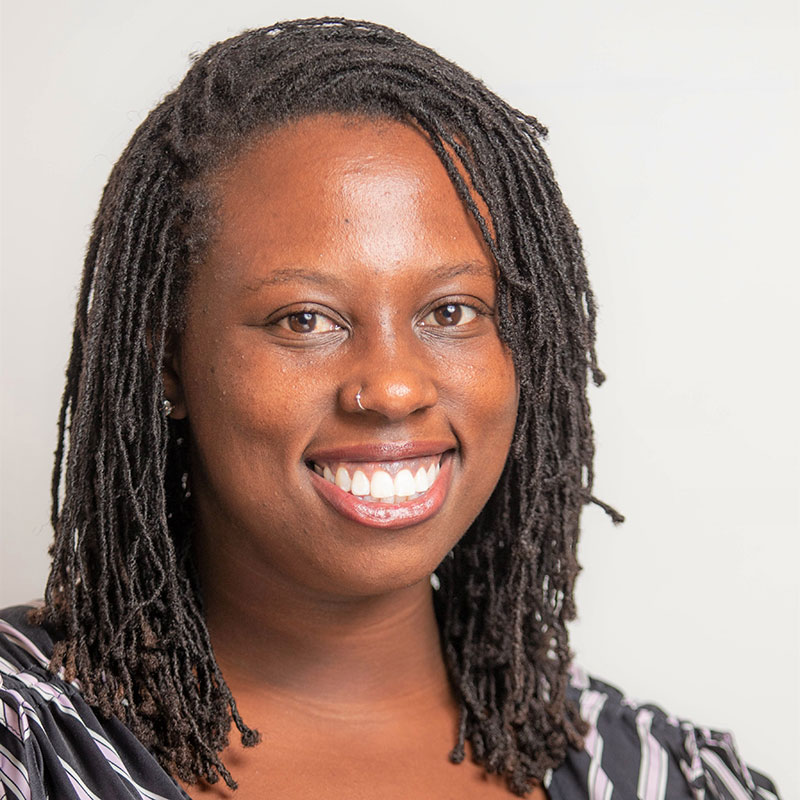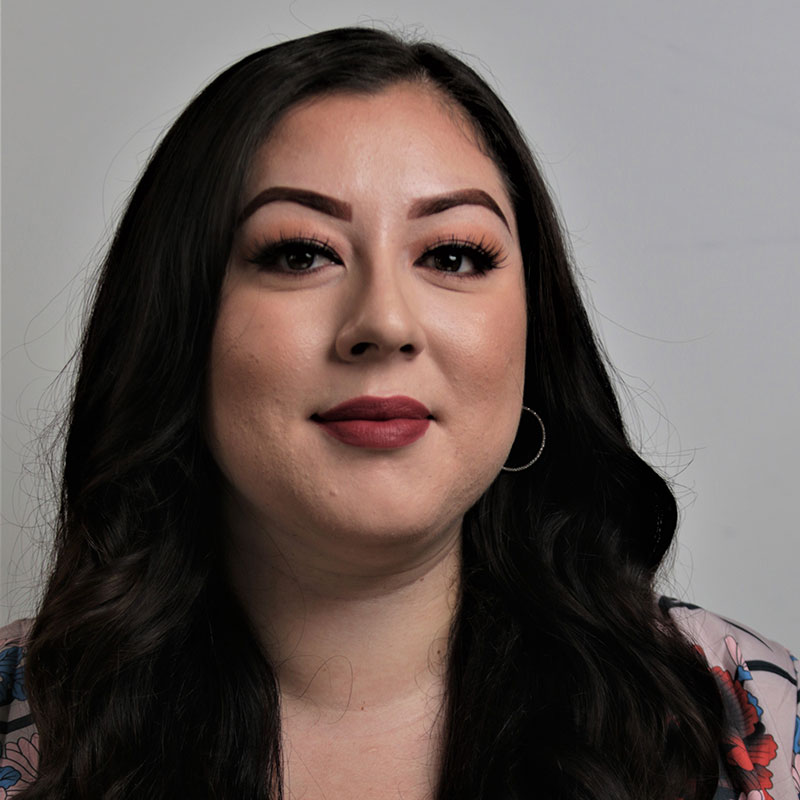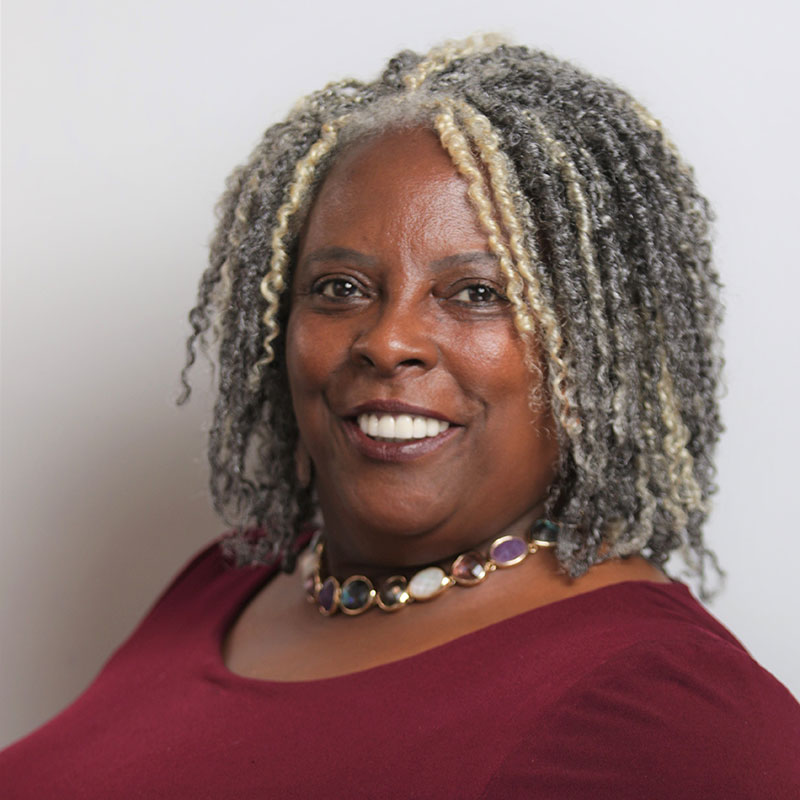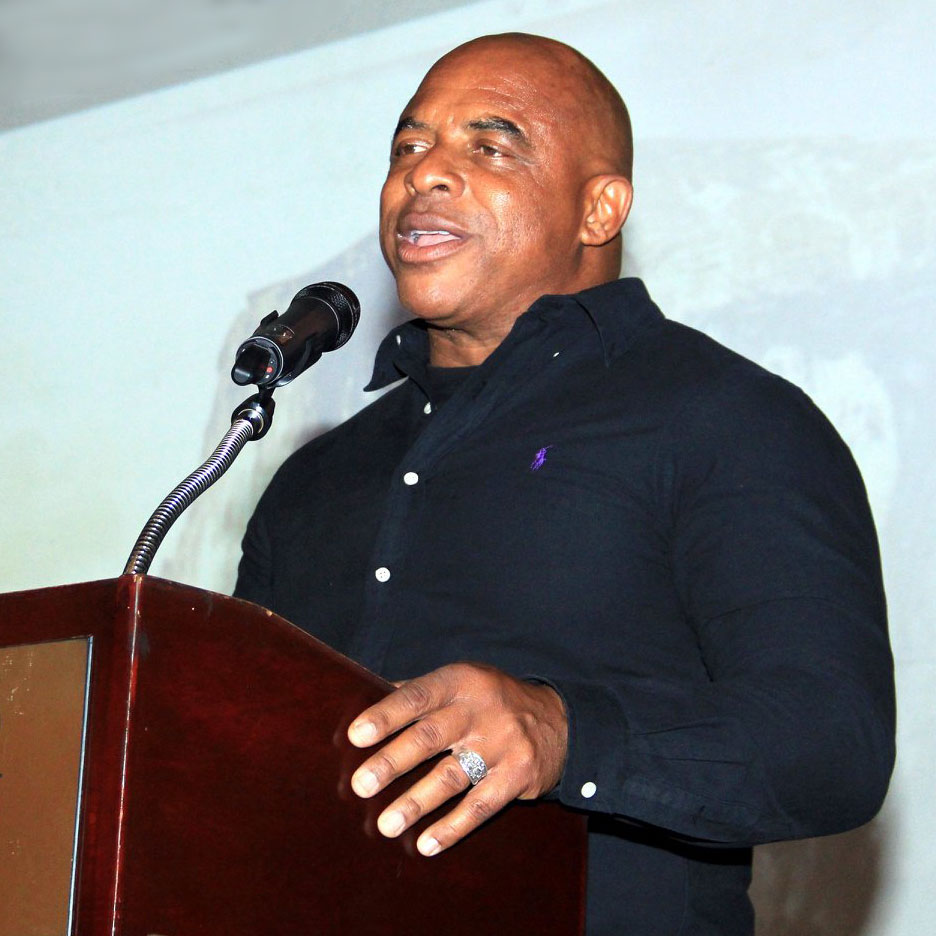When the pandemic shut down California this spring, Kandee Lewis, executive director of the Positive Results Center (PRC), had to figure out how to do much more with much less. PRC is a Los Angeles, community-based organization that works to prevent violence and heal trauma in communities of color.
The COVID-19 pandemic has intensified the need for PRC’s services – particularly for youth. Right now, the risk of experiencing violence, abuse, and mental health challenges is heightened due to shelter in place and remote learning. More young adults are unsupervised during the day, making them vulnerable, and because they’re not in school, they may be missing positive adult connections, sports and physical activities, the stimulation of in-class instruction and more.

Though the needs for PRC’s services are on the rise, funders are reallocating dollars to necessities like housing and food. “We lost over 60 percent of our funding between January and April 1,” said Lewis.
That’s where Blue Shield of California Foundation’s community resilience grants for Black-led, Black-serving organizations came in. “The pandemic has devastated the youth in our community. This grant is allowing us to keep our doors open,” said Lewis. “Some kids didn’t like school, but they went, because it was a safe place where they could get food, comfort, peer-to-peer engagement. They’ve lost that. We have no idea how many children, families, parents are dealing with violence and abuse.”
Mimi’s story
Mimi, a working single mother, calls PRC a godsend. “Ms. Kandee couldn’t have come into my life at a better time,” she said. She was fighting with her landlord over a rodent problem and trying to keep food on the table. Meanwhile, her 15-year-old daughter, Kiki, was severely depressed. Mimi felt overwhelmed.
“As single parent, all I know to do is work, work, work. Here my daughter is seeking my attention, but I’m tired when I come home,” explained Mimi. “It was a toxic, stressful time.”
One day, Mimi came home from work to find that Kiki had had a boy over to the house; he had stolen her phone. Kiki was distraught. Mimi called Lewis, who asked to speak with her—and learned that Kiki had taken 27 pills in a suicide attempt. “She immediately said, ‘Mimi, go get your baby some help, now,’” Mimi recalled.
PRC found resources for Kiki to get the therapy she needed while providing peer support programs. Lewis continues to call to check up on them and help them with anything they need, including food.
Unfortunately, cases like Kiki’s are not uncommon. “I have had over 50 people contact me personally to say they’re contemplating suicide in some form or fashion. That has escalated since the George Floyd murder,” said Lewis.
‘A hero in the community’
PRC is addressing the effect of the pandemic on Black youth through culturally specific, trauma-informed programs while providing a safe space for building healthy relationships and helping domestic violence survivors heal.
For Debbie Chang, president and CEO of Blue Shield of California Foundation, providing funding for PRC connects to the foundation’s goals of creating greater community resilience while improving health outcomes. “Positive Results Center exemplifies our goal of responding to the needs of communities while also focusing on prevention and long-term solutions,” said Chang. “Their early intervention practices for Black youth will help prevent future trauma, but also address a critical need to respond at a time when the risk of experiencing violence and abuse is heightened by the pandemic.”
The direct and indirect effects of the COVID-19 pandemic are amplifying pre-existing racial inequities and health disparities: African Americans are three times more likely to contract the novel coronavirus as white people—and twice as likely to die from it. Unemployment among Black people has also continued to climb, exacerbating economic inequality. And families where parents must work outside the home face additional challenges around childcare as schools have moved online.
Both Chang and Lewis credit PRC’s success at preventing and addressing trauma and violence to the fact that their staff live, work, and worship in the community. “Many organizations that are supposed to support our community come into our community,” Lewis explained. “They provide a service from 8 (a.m.) -5 (p.m.), then they leave. We get calls at 7, 8, 9 at night. We answer those calls.”
Mimi agrees. “Ms. Kandee called on her village of friends. The outpouring of response, what she did for me and my daughter, it was a beautiful thing. Her organization speaks for itself. She’s a hero in the community.”
To see the original article please click here
